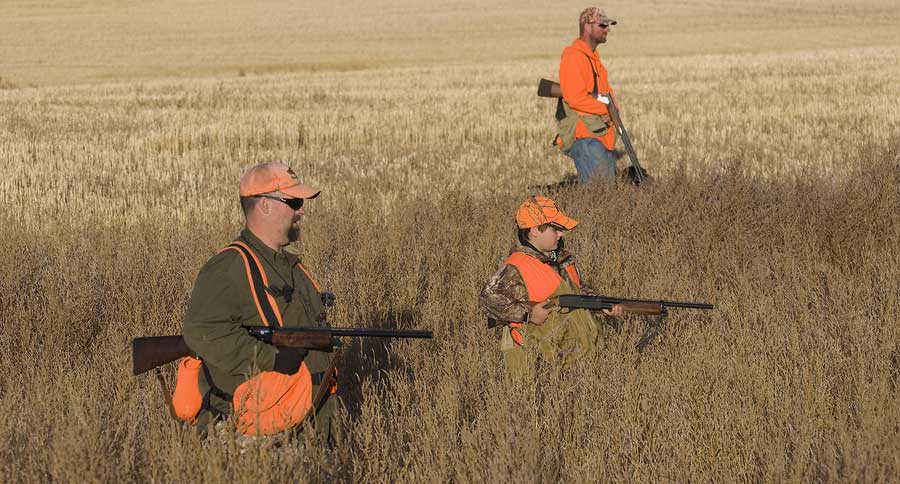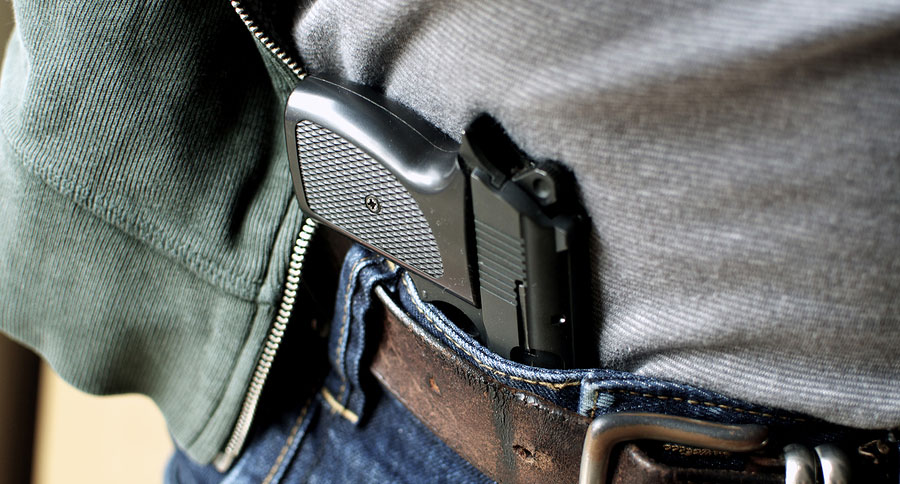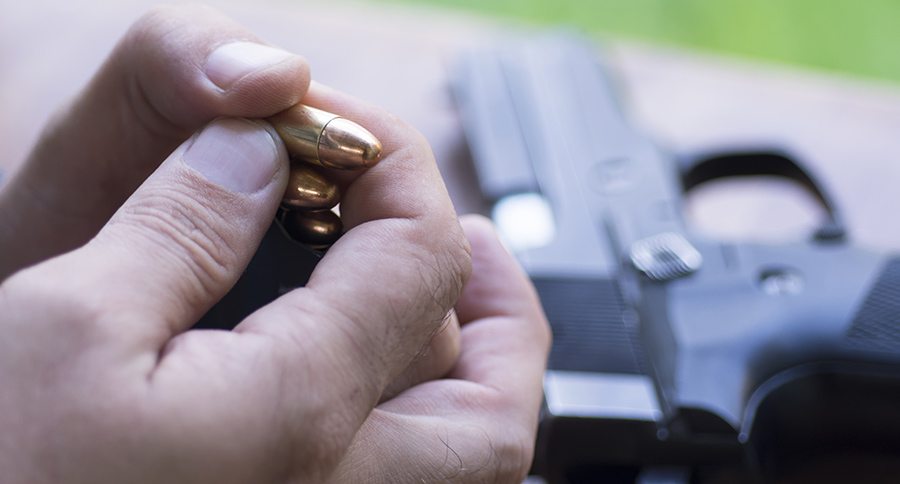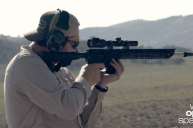For parents teaching kids about guns, here's a helpful list of points to be sure not to miss.
For adults, simply saying "treat any gun as though it is always loaded" can be enough to ensure they handle guns safely. When it comes to kids, the story is a little different.
Curiosity can sometimes take over and cause them to act without thinking. Just remember, you can keep your children safer by helping them develop an informed understanding of guns and how to treat them.
The Sportsman's Guide takes a lot of pride in their promotion of gun safety, and wanted to pass along these reminders of the biggest ideas and rules you need to train your children into remembering. Don't look at it as a daunting challenge; instead, find the time to address these issues with any and every child that lives under your roof, because it can equate to some good, safe family interaction if it's done correctly.
1. What to do if you find a gun.
We'll start with the most important one of all. Especially if you have very young children, the #1 most important thing you should teach them today is what to do if they come across a gun. That is: Stop, Don't Touch, Run Away, Find a Grown-up. If your kids learn nothing else about guns, make sure they know this.
The NRA created a great video to send this message to kids, hosted by cartoon character Eddie Eagle:
2. Real guns are very different from toy guns.
Kids will understand that there is a difference between toys and the real thing. Set an example by showing your kids how seriously you treat real guns as well as how you act around toy guns. Teach your children that if they don't know for sure whether a gun is real, they should assume it's real. Also, explain the difference between handguns and rifles or shotguns, but stress that they all hold the same level of safety precautions.
3. How a gun works (in kid-friendly terms).

Explain that a gun is a machine that creates an explosion. The explosion is meant to be controlled by the user, but it's still an explosion, and it's very powerful. That's why gun safety is so important.
4. Why people have guns.
Explain what guns are designed to do and why a person might choose to own one. Be sure to clearly state that guns are designed to kill, whether for hunting or self-defense, and even though target practice can be fun, a gun is always deadly, no matter what you use it for.
5. When you will consider your child to be responsible enough to use a gun unsupervised.
If a child knows when to expect this rite of passage, he or she will be less likely to handle a gun without you knowing about it.
6. What to do if you see an unsecured gun anywhere.
This echoes #1. When you are teaching your youngster to "stop, don't touch, run and find a grown-up," make sure to say that the same rule still holds, even if you see the gun at a friend's house, in a vehicle, or anywhere else.
Some parents even "test" their kids by agreeing to put a replica gun at another parent's house to see what the kids do when they come across it. If they don't react the right way, it's time to have the conversation again.
7. What is involved in being a responsible gun owner.

This is a great way to lead by example. Don't just take your kids hunting or shooting and do everything else by yourself: when they reach an appropriate age, it's a great idea to show your kids how you clean and store your guns. Walk them through what you're doing verbally, saying things like "Now I'm double-checking the chamber to make sure that the gun isn't loaded while I'm cleaning it" or "Now we're going to wash our hands, because the chemicals we use to clean guns aren't good to eat."
8. What to do when someone else is handling a gun irresponsibly.
You might not always be around when someone else is handling a gun around your child. The pre-teen years are a good time to have this conversation. Teach your kids how to recognize an unsafe situation, how to stay calm, and how to effectively confront the person or leave the scene if necessary.
9. A gun is a very powerful, but also predictable, machine.
There's no need to be afraid of a gun, but just like driving a car, using a stove, or operating any machine, it's important to follow the same basic rules every time you use it.
10. You won't always agree with everyone about guns, and that's okay.
Sometimes it's best to simply respect the other person's choice, and there's nothing wrong with changing the subject when you disagree.
NEXT: 4 COZY ICE FISHING SHACKS FOR EVERY ANGLER'S NEEDS




